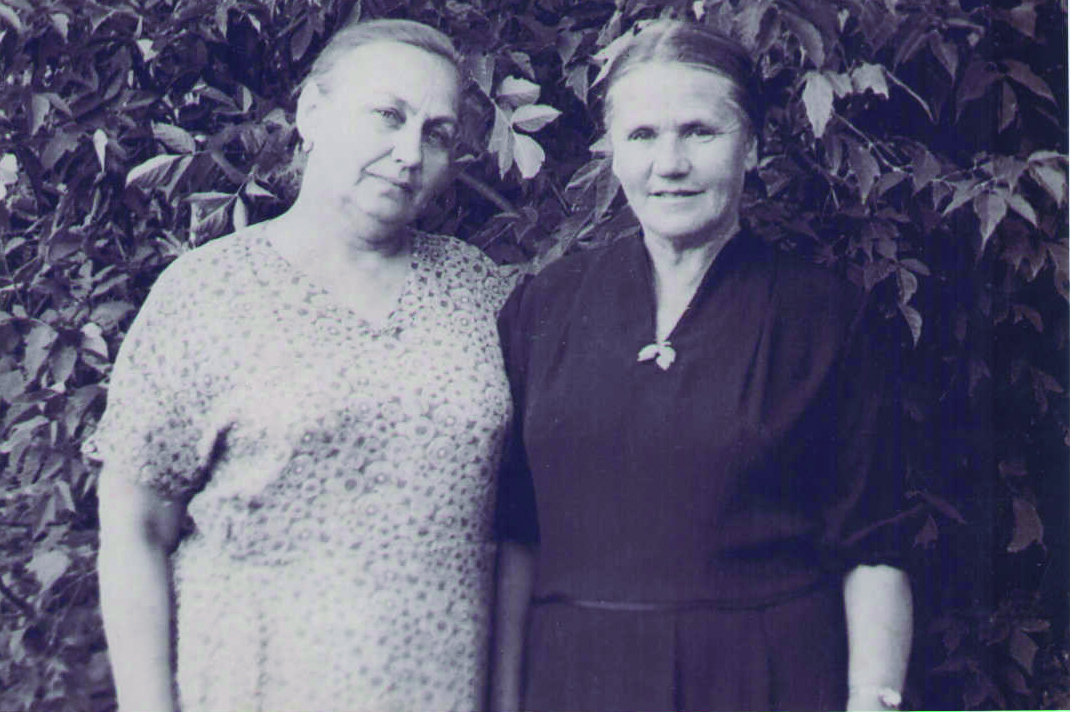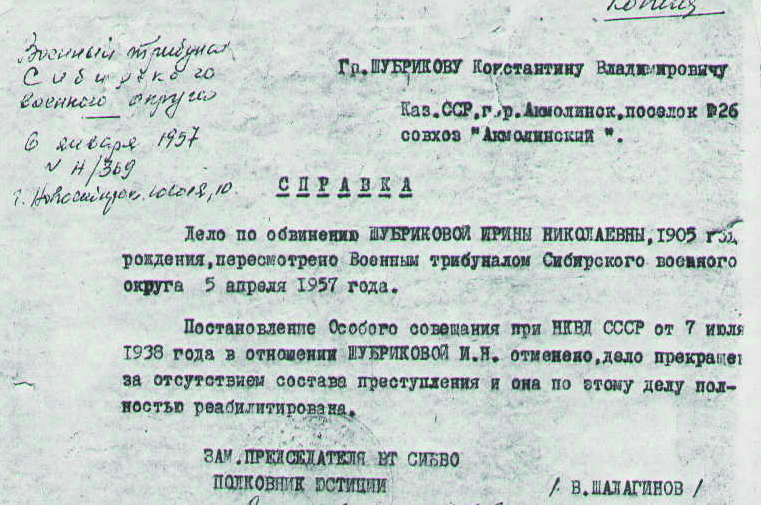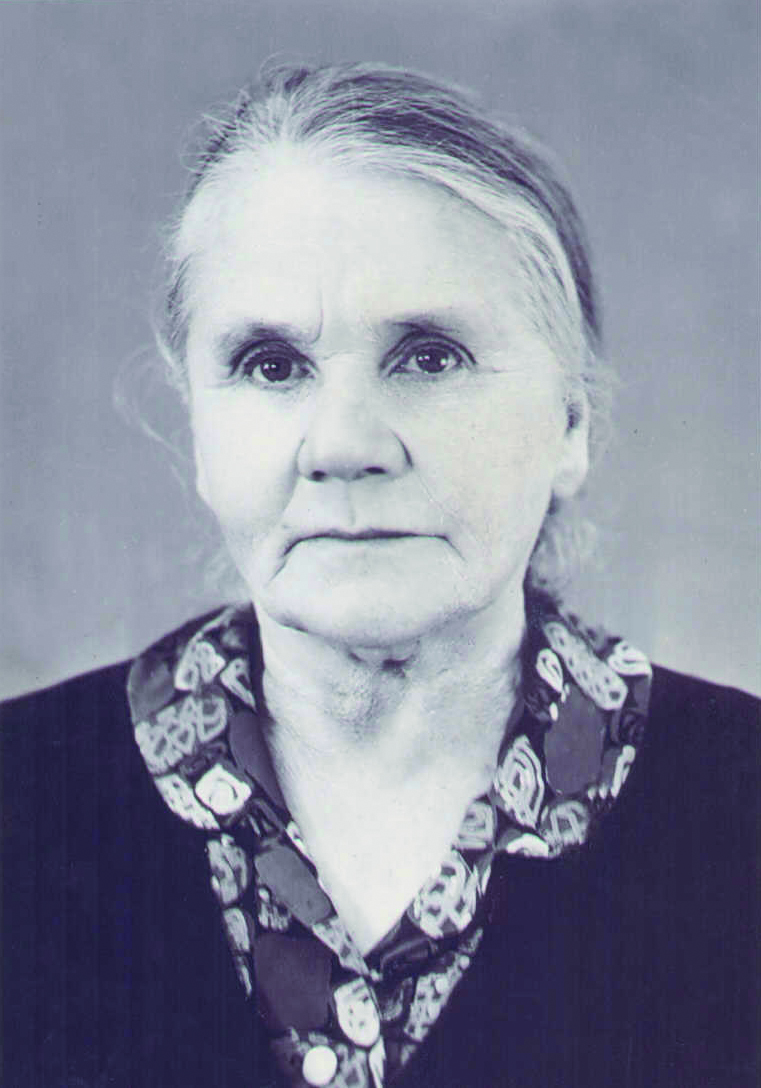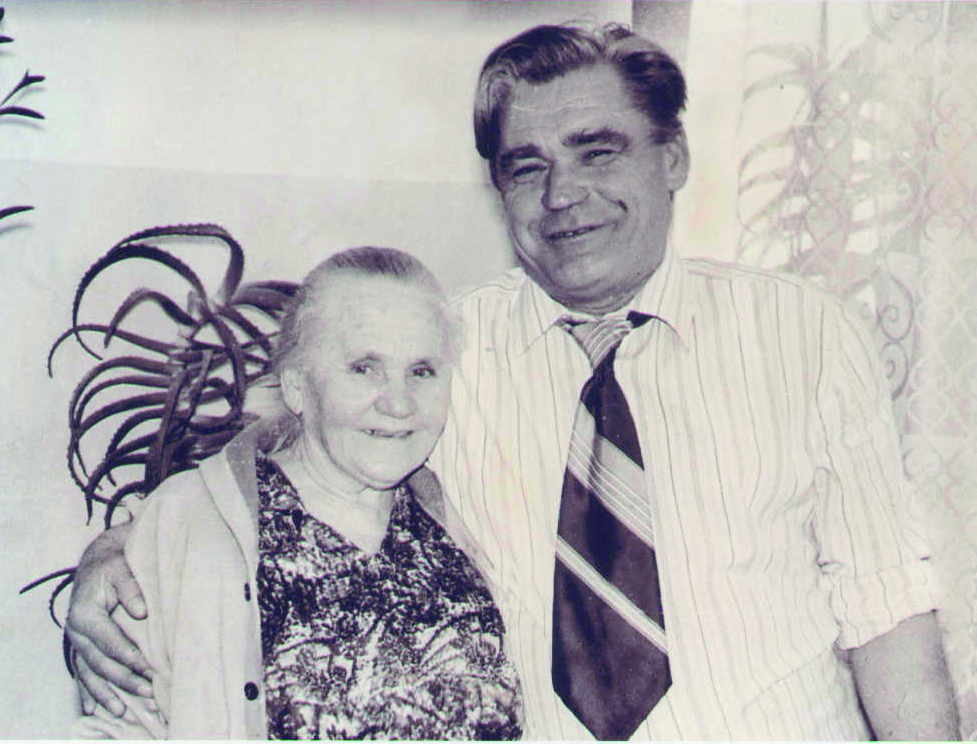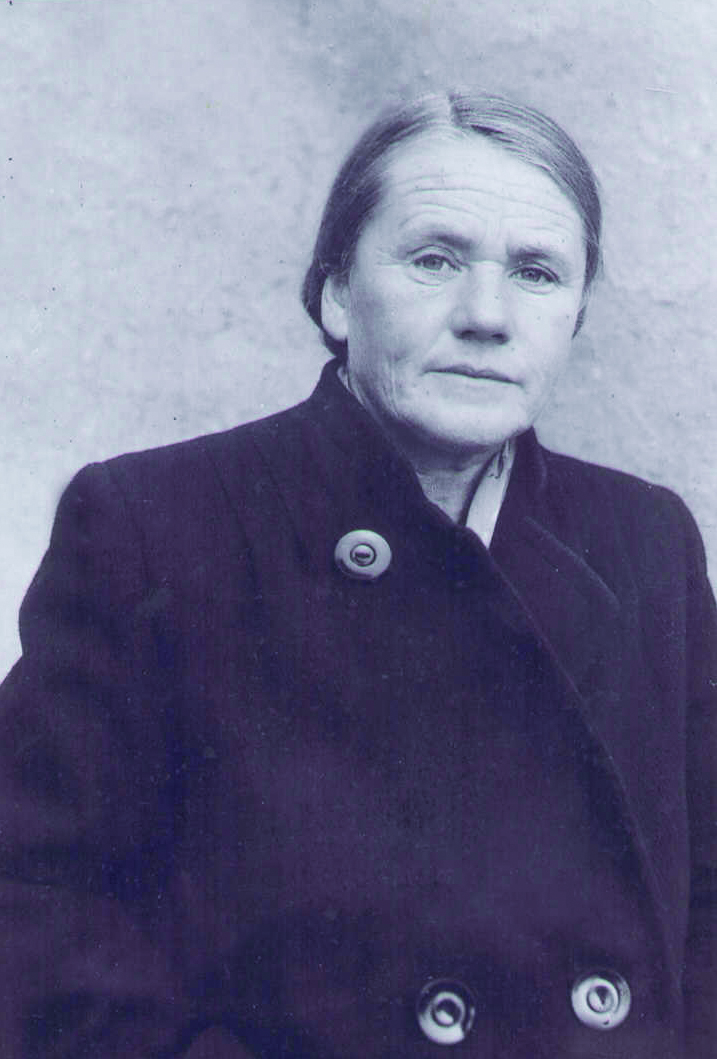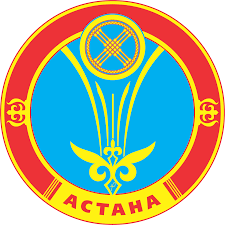In 1920-1921 - a member of the Komsomol. In 1921-1924 - clerk of the secret-operational part of the transport emergency commission and technical secretary of the party committee of the CPSU (b) of the traction service of the Warsaw Railway in Leningrad.
From December 1924 to March 1926 - Secretary of the Agitation and Propaganda Department of the Moscow-Narva CPSU (B.), Then an instructor for the elimination of illiteracy of the regional education department. Since March 1926 - censor Oblono Frunze.
Since January 1927, she was the manager of the Zhirtorgsyrye trust.
Since January 1928 - managing affairs of the regional committee of the CPSU (b).
Since January 1930 - the head of the female department of the city committee of the CPSU (b) Frunze.
Since August 1930 - Secretary of the Women's Department of the Central Asian Bureau of the Central Committee of the CPSU (B.) In Tashkent.
Since September 1931 - Secretary of the party organization of artisanal cooperation.
Since December 1932 - head of the organizational department of the Frunze Central Committee of the CPSU (B.) Kuibyshev.
Since August 1934 - a student at the Kuibyshev Industrial Institute.
On August 15, 1937, she was expelled from the party in connection with the arrest by the NKVD organs of her husband, Shubrikov, Vladimir Petrovich. Irina Nikolaevna was arrested on September 3, 1937 (From the memoirs of her son Konstantin Vladimirovich Shubrikov).
Shubrikova Irina Nikolaevna was sentenced on July 7, 1938 by the CCA under the NKVD of the USSR as a member of the family of the enemy of the people to 8 years in prison. Arrived in Akmola on August 14, 1938 from a prison in Novosibirsk. It was released on September 3, 1945 (the information was compiled on the basis of the book “Prisoners of ALZHIR”, published in Moscow in 2003 by the Association of Unlawful Repressions of Astana and Akmola Oblast, as well as by the Memorial International Society).
Since September 1938, he was an agronomist at the Akmola department of the forced labor camp. While in the camp, she worked on scientific work on soil corrosion. After being released from the camp, she remained to live in the village of Malinovka. From June 1953 to October 1957, he was an agronomist of the Akmolinsky state farm. For the period of work at the Akmolinsky state farm, she was awarded an Honorary Diploma of the Ministry of State Farms of the USSR, in 1957 - with medals "For Labor Valor" and "For the Development of Virgin Lands". She was a deputy of the village council. The decision of the Central Committee of the CPSU of July 29, 1957 was reinstated in the party. She died in 1984 in the village Malinovka (now Akmol) (From the memoirs of her son Konstantin Vladimirovich Shubrikov).
Her husband, Shubrikov Vladimir Petrovich, born in 1895, a native of the city of Ordzhonikidze, is Russian by nationality, from November 1917 until his arrest he worked as second secretary of the West Siberian Regional Committee of the CPSU (b). On August 9, 1937, on the groundless accusation of involvement in the "leadership of the sabotage and terrorist organization of the right and of sabotage and terrorist work" during his tenure as the first secretary of the Kuybyshevsky regional committee of the CPSU (b), Shubrikov V.P. He was arrested and sentenced by the Military College of the Supreme Court of the USSR on October 29, 1937, convicted under Art. 58-8-II of the Criminal Code of the RSFSR to the death penalty - execution. The sentence was executed on October 30, 1937 in Moscow. The burial place is unknown.
Shubrikov V.P. rehabilitated by the definition of the Military Collegium of the Supreme Court of the USSR No. 4n-010182/56 of July 11, 1956.








